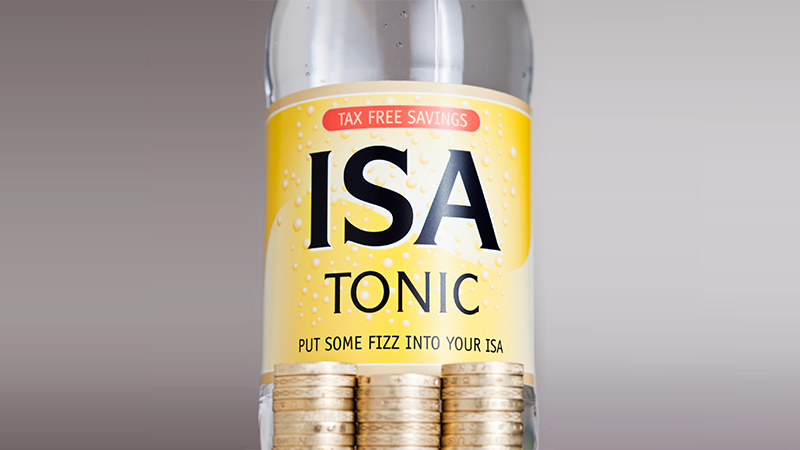A combination of attractive interest rates and high taxes has led to a huge rise in demand for Cash Isas according to figures released today by the Bank of England.
Data from the Bank of England shows in June some £3.4bn was deposited into Cash Isas by UK households, which according to AJ Bell compares with average June inflows of £0.7bn during the previous 10 years.
“Until recently that size of inflow would have been more associated with the end of the tax year deadline when everyone rushes to make the most of their Isa allowances at the last minute,” said Laith Khalaf, head of investment analysis at AJ Bell.
“For many years Cash Isa lay dormant because of a combination of super low interest rates and the Personal Savings Allowance, which meant tax wasn’t a pressing issue when it came to cash savings,” he added. “That’s all changed now interest rates have risen, and people are getting bumped up into higher tax bands because of frozen thresholds.”
See more: How to adjust to the new normal for interest rates
While interest rates can “probably” be expected to fall in the coming months, Khalaf said they will remain elevated when set against the long period of ultra-loose monetary policy before the Bank of England started hiking in 2021.
As a result, he said “reasonable” levels of savings are therefore likely to require evasive action to avoid an unnecessary tax bill.
“We’ve seen this sort of behaviour spilling over into the government bond market too, with some investors buying short-dated, low coupon gilts to try to reduce their tax liabilities,” he said.
While for many people saving into a Cash Isa is prudent financial planning, Khalaf said it raises questions as to whether some may be hoarding too much cash, and not taking on investment risk in search for better long-term returns.
“Figures from HMRC show that three million people have more than £20,000 held in a Cash Isa, but haven’t put a dime into a Stocks and Shares Isa,” he said. “Meanwhile the FCA is on a mission to get more people investing rather than holding cash.
See more: US CPI sparks rate cut discussion after downside surprise
“It appears the regulator may be swimming upstream on this one though. Since 2021 the number of people holding more than £10,000 in investible assets wholly or mainly in cash has risen from 8.4 million to 11.8 million.
“The new Labour government is keen to stoke investment in UK shares, but it might first want to give some thought to how to foster a culture of investing in shares, period.”








